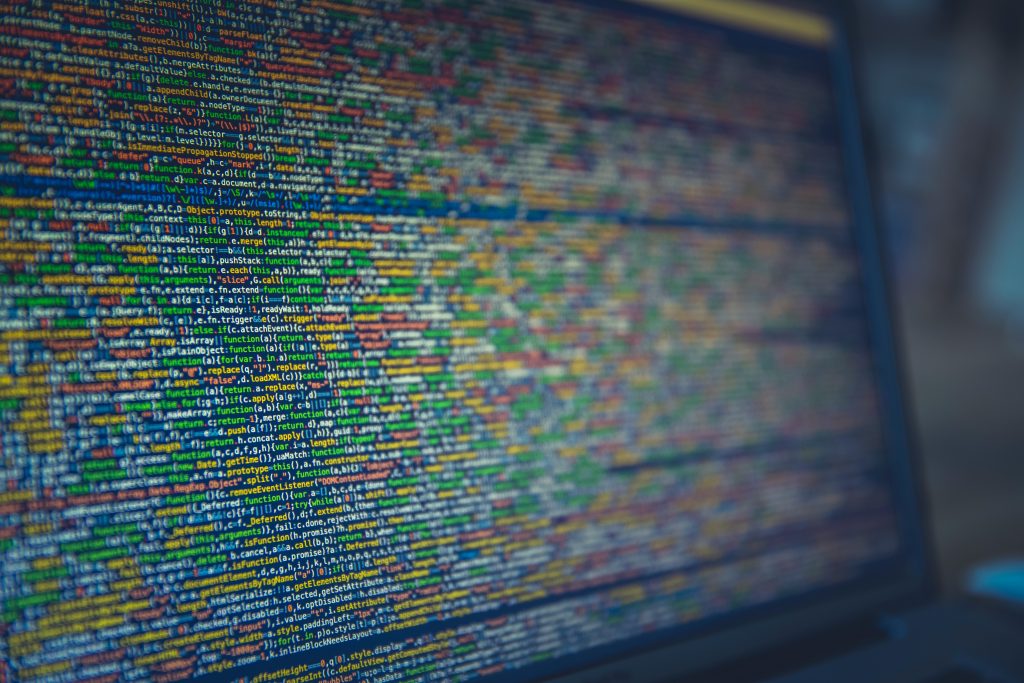New Walls II: The Great Firewall of China
China’s so-called “Great Firewall” blocks citizens’ access to the outside world and to each other. But in the end, the virtual blockade might undermine the communist party’s own goals. — Episode 2 of our “New Walls” series.
Over time, empires and nation-states have erected walls to protect their people and limit their interaction with “the outside world”. In recent decades, walls are not only built in stone, but also in the digital world. For instance, while the Chinese were long shielded by “Great Wall”, today they are additionally surrounded by the “Great Firewall” – a digital wall which limits internet users’ access to the world wide web from within the People’s Republic of China.
The fall of the Berlin Wall sparked hopes of a new, borderless and peaceful global society. Many developments since then fostered this dream, ranging from European integration and digital knowledge sharing to the rise of low- and middle-income countries into the ranks of leading world economies. 30 years later, we have witnessed not only the construction of new physical barriers, but also new divides like digital censorship, social media taxes, and protectionist trade policies. By barring goods, ideas and aspirations from spreading freely across countries, “new borders” contribute to unequal access to public goods, regional disintegration, disinformation, and disrespect for human rights. We ought to get to know them better – in our mini-series “New walls”.
Just like a physical wall, the “Great Firewall” constitutes a barrier which limits the flow and exchange of information across the wall. Google, Facebook, Twitter, Dropbox and foreign websites, particularly news agencies such as the BBC or Reuters are all inaccessible to a Chinese internet user. Instead, the Chinese party-state has supported the development of Chinese providers, most importantly Baidu, a Chinese equivalent of Google, or Wechat, a social media platform. In contrast to foreign providers, these Chinese providers fully cooperate with Chinese authorities.
Ubiquitous censorship
In addition to limiting information flow across the wall, Chinese authorities moreover restrict the information exchange between people living within the wall. Censorship is pervasive. The Chinese Communist Party’s (CCP) Propaganda Department sends out memos to radio, TV and newspaper agencies informing them on how to report on certain incidents. Although the privatisation of the Chinese media has reduced the official grip on the broadcasting of information, media outlets nevertheless practice “self-censorship”, attempting to anticipate what might be censored so as to not be fined or closed down by official authorities. Private websites, blog articles and social media accounts of citizens are similarly censored if the party-state regards them as too critical or as having the potential of stirring too much public debate.
As a consequence, the “Great Chinese Firewall” severely hampers access to information and freedom of expression. The Bertelsmann Transformation Index (BTI) 2018 survey on China, for instance, rates Chinese citizens’ freedom of expression at two out of a possible 10 points (whereby one is the worst and 10 the best). This ranking is only worse in countries such as North Korea or Oman which have a ranking of one point. Since 2016 censorship has been tightened even further, increasing the amount of foreign and domestic websites blocked on the Chinese internet.
Information propagates the official line
The “Great Chinese Firewall” and domestic censorship limits information flow across and within China and also shapes and directs public opinion, and thereby influences how information which contradicts the official “line” is perceived. Information is not only censored but tailored to promote a specific view on Chinese history, the CCP and foreign countries, aiming to foster nationalist sentiments.
Student text books, for instance, teach Chinese children to be patriotic and critical of “the West”, whose arrival in the 19th century has resulted in “100 years of humiliation” of “the great Chinese civilisation”. Chinese citizens encounter these views and praise of the CCP in form of billboards and posters in streets, public transport or at the workplace. Public opinion is also shaped in a more subtle manner by governmental social media accounts or the so-called “50 cent army” – state employed bloggers who influence opinion online by posting positive comments and news about the government. Thus, the “Great Firewall” creates a certain space in which information is limited and targeted in a way so as to direct public opinion and indirectly pre-empt the potential impact critical information.
This is not to say that Chinese citizens blindly believe and follow official propaganda. Many have become wary of official media outlets and propaganda posters. Foreigners and Chinese alike use virtual private networks (VPNs) to circumvent the “Great Firewall” and access uncensored information. Others circumvent official censorship by using code words and metaphors to criticise the government and the lack of freedom of speech. When the true meaning of these puns is discovered, new ones are invented.
Crackdown underway on opposition
Nevertheless, despite these efforts, the Great Firewall and official censorship can only be circumvented and not directly opposed. Specialised or insider knowledge is needed, for example, to access VPNs and understand coded language. With an increased crackdown on both – VPNs and critical bloggers – the already limited freedom of expression and access to uncensored information has been reduced. Moreover, the party-state is becoming increasingly savvy in their efforts to more subtly influence public opinion, potentially becoming more successful in shaping Chinese citizens’ perceptions and interpretation of information.
The Great Chinese Firewall therefore not only constitutes a barrier between the outside world and China but simultaneously creates a space in which the party-state can flexibly influence public opinion. With the tightening of control under President Xi, the space for freedom of expression and critical thinking will be further shrunk in the future. However, despite its potential to indoctrinate Chinese citizens, it is yet to be seen whether this strategy can promote the two main objectives of the party-state: economic development and social stability. Expressing criticism lets off steam which may otherwise be channelled into open protests. Critical thinking and free access to information is moreover needed to be innovative – a key skill the party-state needs for economic development. This means the party-state will need to find the right balance between allowing and censoring information and freedom of speech to meet its key goals for the future.
First published by The Fair Observer.

